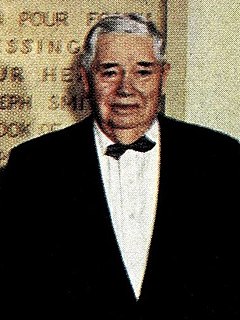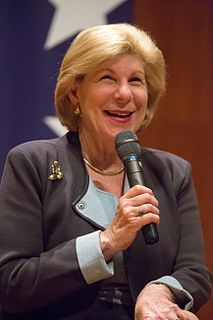A Quote by J. Reuben Clark
It is the union of independence and dependence of these branches - legislative, executive and judicial - and of the governmental functions possessed by each of them, that constitutes the marvellous genius of this unrivalled document.
Related Quotes
In republican government the legislative authority necessarily predominates. The remedy for this . . . is to divide the legislature into different branches; and to render them by different modes of election, and different principles of action, as little connected with each other as the nature of their common functions, and their common dependence on the society, will admit.
Of the over 100,000 wildfires that happen in the U.S. each year, not a single one would get started without the fire triangle: Oxygen, heat and fuel. Fire needs all three to exist. It's like the three branches of our government: Legislative, judicial and executive. The fewer there are, the safer we are.
We all learn in school that the judicial, legislative and executive branches of government must check and balance each other. But other non state institutions must participate in this important system of checks and balances as well. These checking institutions include the academy, the media, religious institutions and NGOs.
The constitution has divided the powers of government into three branches, Legislative, Executive and Judiciary, lodging each with a distinct magistracy. The Legislative it has given completely to the Senate and House of Representatives. It has declared that the Executive powers shall be vested in the President, submitting special articles of it to a negative by the Senate, and it has vested the Judiciary power in the courts of justice, with certain exceptions also in favor of the Senate.
The dignity and stability of government in all its branches, the morals of the people, and every blessing of society depend so much upon an upright and skillful administration of justice, that the judicial power ought to be distinct from both the legislative and executive, and independent upon both, that so it may be a check upon both, as both should be checks upon that.



































